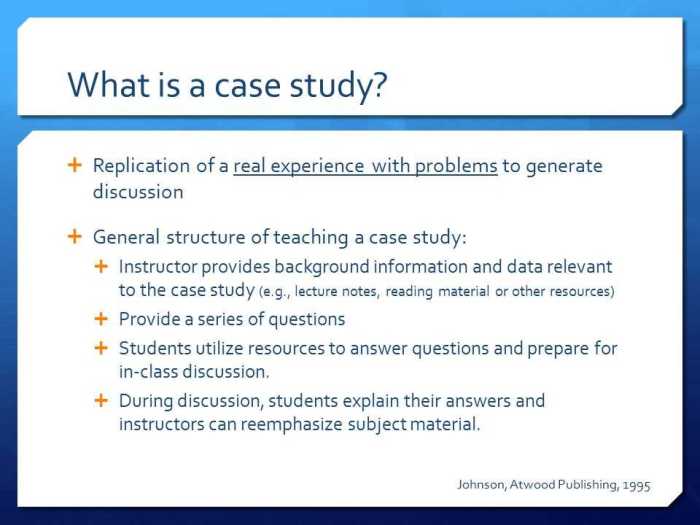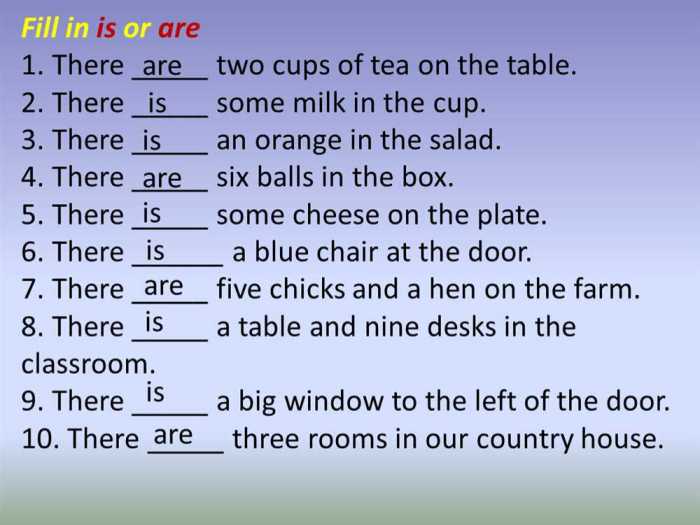The tired swimmer a case study answers – Introducing “The Tired Swimmer: A Case Study Answers,” an in-depth analysis that delves into the complexities of swimmer fatigue, exploring its causes, consequences, and potential solutions.
Through meticulous examination, this study sheds light on the physical, mental, nutritional, and psychological factors that contribute to fatigue in swimmers, providing valuable insights for athletes and coaches alike.
Introduction: The Tired Swimmer A Case Study Answers

The case study “The Tired Swimmer” examines the case of a competitive swimmer experiencing persistent fatigue. The analysis aims to identify the underlying causes of the swimmer’s fatigue and develop a comprehensive recovery and rehabilitation plan.
Analysis of the Swimmer’s Symptoms

The swimmer presents with physical symptoms such as muscle soreness, decreased endurance, and reduced swimming performance. Mentally, the swimmer reports feeling tired, unmotivated, and lacking concentration. Possible causes of the fatigue include overtraining, inadequate recovery, nutritional deficiencies, and underlying medical conditions.
Training and Recovery Plan
The swimmer’s current training regimen involves high-intensity workouts with minimal rest periods. Recovery strategies include passive rest and stretching. Improvements to the training plan include reducing training intensity, incorporating more recovery days, and optimizing rest and nutrition.
Nutritional Considerations, The tired swimmer a case study answers
The swimmer’s diet lacks adequate carbohydrates, protein, and fluids. Proper nutrition is essential for swimmers to fuel workouts, aid recovery, and reduce fatigue. Dietary recommendations include increasing carbohydrate intake, consuming lean protein sources, and staying well-hydrated.
Psychological Factors
Stress, anxiety, and decreased motivation can contribute to fatigue in swimmers. Psychological strategies to improve well-being include stress management techniques, setting realistic goals, and fostering a positive support system.
Recovery and Rehabilitation
A comprehensive recovery plan involves rest, physical therapy, and gradual return to training. Rest allows the body to repair itself, while physical therapy addresses muscle imbalances and improves flexibility. A gradual return to training ensures the swimmer regains fitness without exacerbating fatigue.
Case Study Discussion
The analysis highlights the importance of addressing multiple factors in swimmer fatigue. The findings suggest that a combination of training modifications, dietary adjustments, and psychological support can effectively reduce fatigue and improve performance. Future research should explore the long-term effects of fatigue management interventions on swimmer health and performance.
User Queries
What are the common symptoms of swimmer fatigue?
Physical symptoms include muscle soreness, decreased endurance, and impaired coordination. Mental symptoms may include decreased motivation, difficulty concentrating, and irritability.
How can training and recovery plans be optimized to reduce fatigue?
Training plans should be tailored to the individual’s needs, including appropriate rest periods and gradual progression. Recovery strategies should prioritize rest, hydration, and proper nutrition.
What role does nutrition play in managing swimmer fatigue?
A balanced diet rich in carbohydrates, protein, and healthy fats is essential for energy production and recovery. Adequate hydration is also crucial.

